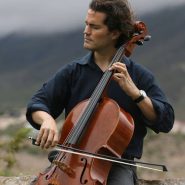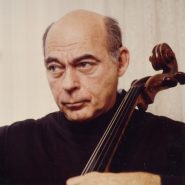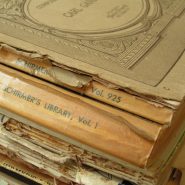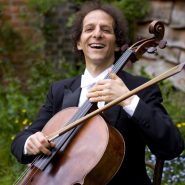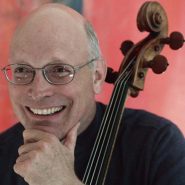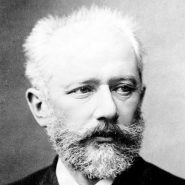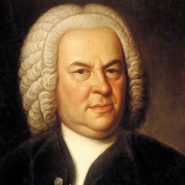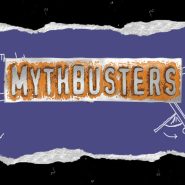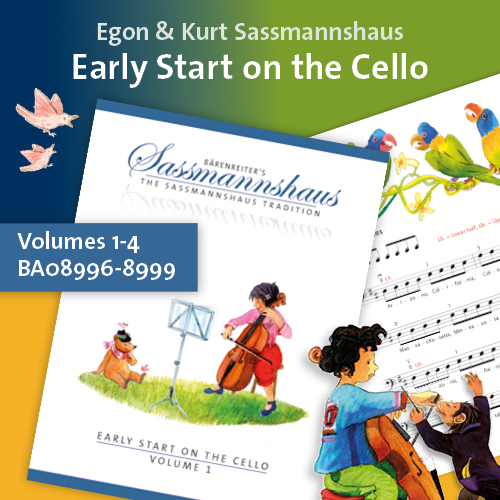Tag: recordings
By Tim Janof April 5, 2021
Subjects Interviews
By Tim Janof August 5, 2019
By Robert Battey December 15, 2013
Subjects Practicing
Tags accents, alignment, Awareness, Bach, Bach Cello Suites, bar lines, Battey, Beethoven’s “Archduke” Trio, Brahms Double Concerto, Capucon, cello, cellobello, communication, complexity, conservatory, counting, dissonance, Feuermann, focused listening, great artists, great composers, intelligent artist, interpreter, interpretive decisions, intonation, melody, metrical organization, musical critic, musical phrasing, performer, phrase lengths, phrasing, powerful, recordings, resolution, robert, Rostropovich, score-study, slurs, studying, stunning effect, stylistic conventions, text, vibrato, Washington Post, Yo-Yo Ma, youtube
By Aron Zelkowicz November 21, 2013
Subjects Interviews, Repertoire
Tags analysis, Aron, Bach, Benjamin Britten, Britten, cello, cello suites, cellobello, Colin Carr, composition, differences in performance, Growth, interview, live recording, live-performance, Menlo, Menuhin School, microphones, Music@Menlo, performance, recordings, Rostropovich, solo debut album, Suites, Zelkowicz
By Aron Zelkowicz November 12, 2013
Subjects Interviews, Repertoire
Tags Aron, audience, Benjamin Britten, Britten, Britten Cello Suites, cello, cello suites, cellobello, complete suites, discoveries, discovery, editorial markings, fingerings, inflection, interview with Steven Doane, movements, performance, perspective, phrasing, recital, recitals, recordings, Sound, Steven Doane, Suites, Zelkowicz
By Robert Battey September 8, 2013
Subjects Repertoire
Tags Achilles’ heel, alterations, Battey, cello, charming, composer, compositions, creativity, difficulty, effects, experimenting with rosin, flawed works, glissando, gummed-up fingers, increased tension, Leopold Auer, lyrical, master, melody, modern artists, musical transitions, opening material, options, Pezzo Capriccioso, Piatigorsky, recordings, repeated notes, robert, Rococo Variations, rosin, Rostropovich, sections, sections of music, show piece, sticky problem with shifting, Tchaikovsky, transitions, trill, virtuoso
By Robert Battey January 16, 2013
Subjects Repertoire
Tags accuracy, ambiguity, Anna Magdalena, Anner Bylsma, artistic, autograph, Bach, Bach Cello Suites, Bach Suites, Bach's original intentions, Bach’s precise intentions, Barenreiter, Battey, careless, cello, cellobello, challenges, colors, complexities, conclusions, curiosity, dilemma, Editions, editors, enjoyment, experimentation, flawed, genius, historical, inconsistent copies, instrument control, Instruments, interpretive creativity, interpretive ideas, Janos Starker, judgment, liberation, lute, lute arrangement, meaningful interpretations, monochromatic, normal teaching model, Pablo Casals, painting, parameters, paris, personal research, personality, phrasing, Pierre Fournier, printing, publications, rainbows, recordings, repertoire, response, Rhythm, robert, sloppy, slurs, study, Teaching, text booklet, textual, The Fencing Master, transcribing, uncertainties, virtuosity
By Aron Zelkowicz January 19, 2012
Subjects Chamber Music
By Brant Taylor November 16, 2011
By Yeesun Kim June 6, 2011
Subjects Artistic Vision
By Jeffrey Zeigler May 29, 2011
Subjects Technology
